Empathy not sympathy emphasised on International Day for Persons with Disabilities
People with disabilities are often given sympathy and perceived as being incapable of doing everyday tasks
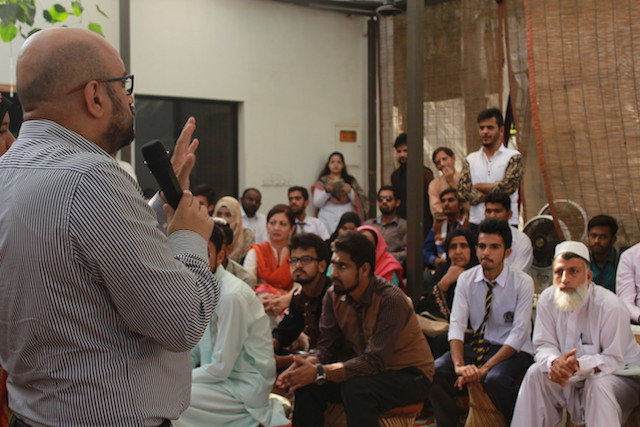
Sohail Zindani - renowned motivational speaker and CEO Learning Minds group speaks at NOWPDP's Event. PHOTO: NOWPDP
An event to celebrate the 'International day of Persons with Disabilities' was held on Friday at the office of the Network of Organisations Working with People with Disabilities Pakistan (NOWPDP) in Karachi.
Busting myths about disability
Self-advocate for Autism Spectrum, Qazi Fazli Azeem, was one of the attendees along with Founder and CEO - Learning Minds Group and renowned motivational speaker Sohail Zindani, Salman Elahi, the Chairman of the Pakistan Blind Sports Federation and Television celebrity Dino.
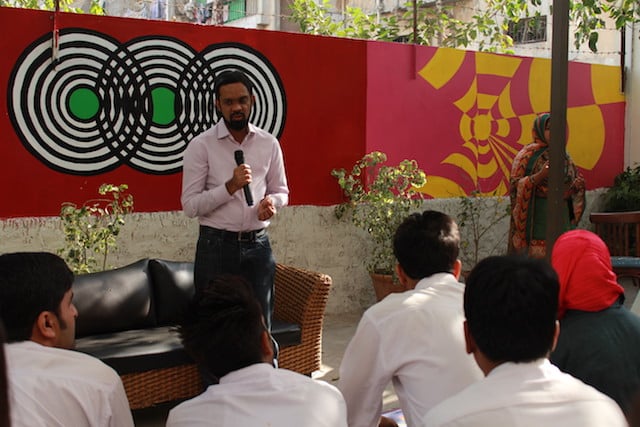 Salman Elahi speaks during the event PHOTO: NOWPDP
Salman Elahi speaks during the event PHOTO: NOWPDPSalman Elahi began the talk by discussing the challenges he had to face because of being visually impaired and how it has gotten him where he is.
No one left behind: Redefining ‘Dastoor’, empowering people with disabilities
“The current perception we have that a blind man cannot achieve certain things needs to be defeated by interaction and hard work,” he concluded.
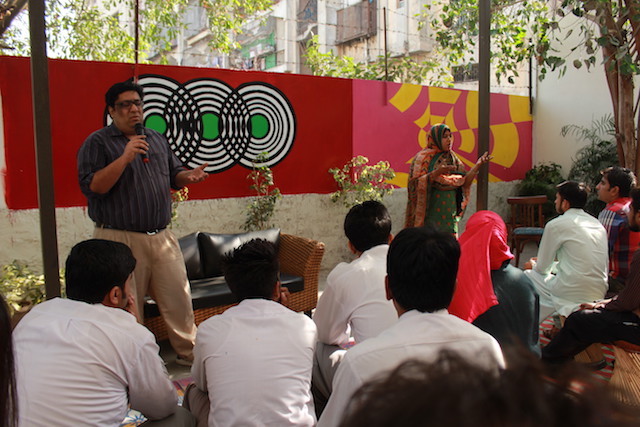 Qazi Fazli Azeem speaks at the session PHOTO: NOWPDP
Qazi Fazli Azeem speaks at the session PHOTO: NOWPDPQazi Fazli Azeem, the only self-advocate in South Asia that promotes the awareness of Disability spoke about the core behavioural features of Autism. Being Autistic himself, Azeem went on to distinguish how Autism is not instantly recognised unlike other disabilities owing to its behavioural rather than physical nature.
He emphasised the importance of early intervention so that children who have been diagnosed earlier can receive the appropriate therapy. About 10 years ago, one in 500 kids was autistic or diagnosed with other neurological disorders, but currently, one in 50 kids is known to be autistic.
“The number of kids haven't increased, it’s the awareness that has,” he said.
Amin Andani, External Engagement Manager for NOWPDP, spoke about the number of persons with disabilities not officially registered. “The total people with disabilities in Pakistan is equivalent to the combined population of Karachi and Islamabad as opposed to the official figure of 2%,” he told The Express Tribune.
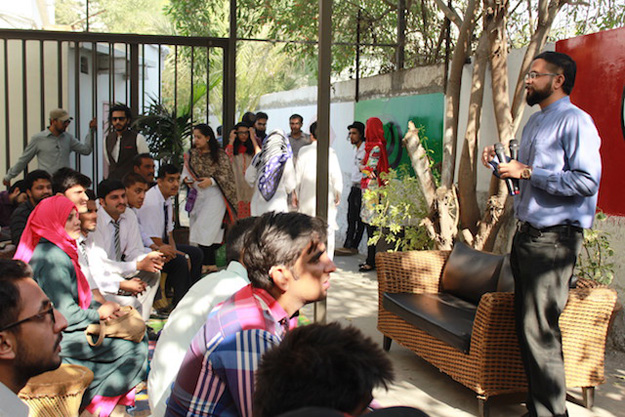 Amin Andani, External Engagement Manager for NOWPDP, speaks at the session. PHOTO: NOWPDP
Amin Andani, External Engagement Manager for NOWPDP, speaks at the session. PHOTO: NOWPDP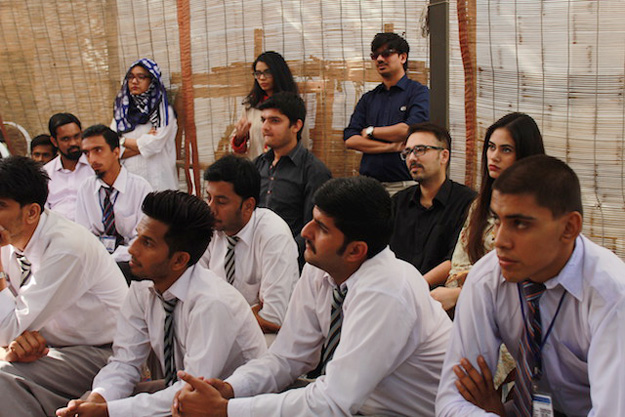 PHOTO: NOWPDP
PHOTO: NOWPDPZindani said we need to fix our lens on how we view things rather than altering everything else. It's not the person with disabilities that are the anomalies in our society but rather our perception that is. He made the argument of how we all are simply different and needed to be perceived as such.
200 people with disabilities apply for special identity cards
While talking to The Express Tribune after the event, NOWPDP director Omair Ahmad spoke about how instead of Sympathy, his organisation promotes empathy as the core principle behind empowering persons with disabilities (PWDs).
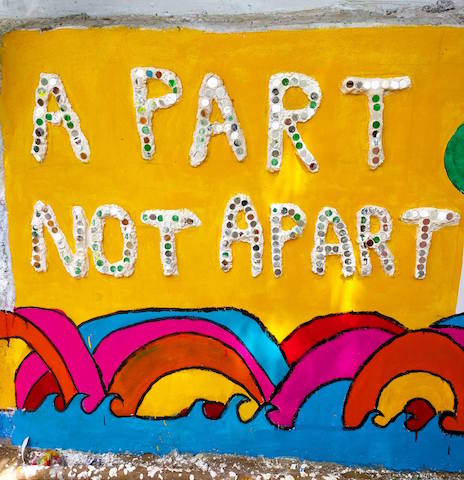
Back in March, NOWPDP, in collaboration with Sindh social welfare department organised a Special Computerised National Identity Card (SCNIC) registration camp. More than 200 people with disabilities applied for their SCNICs at their office in Saddar.






1724319076-0/Untitled-design-(5)1724319076-0-208x130.webp)












COMMENTS
Comments are moderated and generally will be posted if they are on-topic and not abusive.
For more information, please see our Comments FAQ